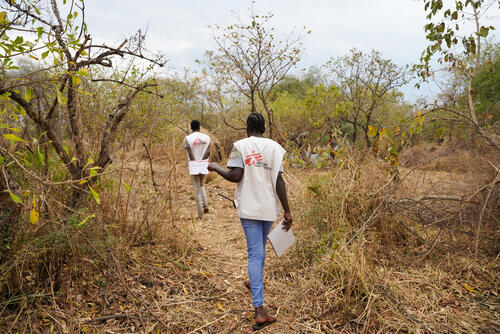Discover all our latest news, stories and publications. Use the filter to get to the content you're looking for.
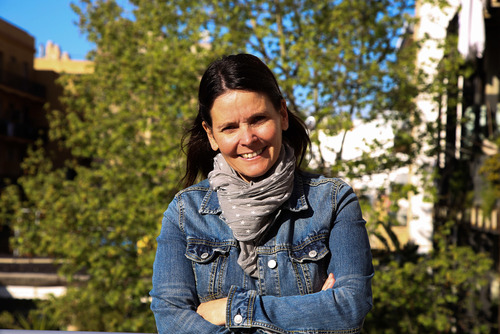
"The war is taking a very high toll on the civilian population"

Khan Sheikhoun victims have symptoms consistent with exposure to chemical substances
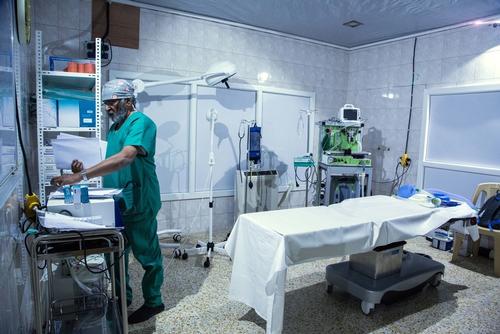
The patients we receive are the “lucky ones”
Describing the toll of war on health in absentia
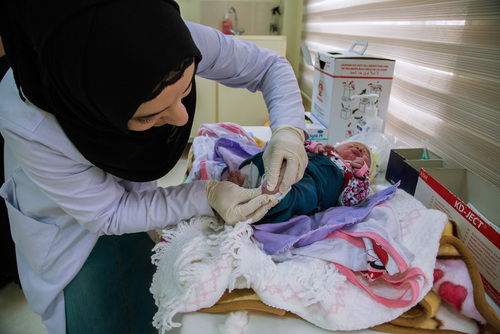
Stabilising emergencies in a pocket of safety
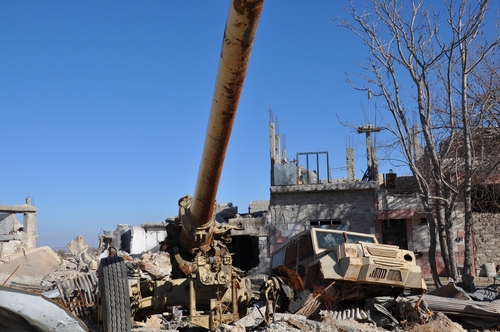
Explosive devices have deadly impact on people fleeing or returning home
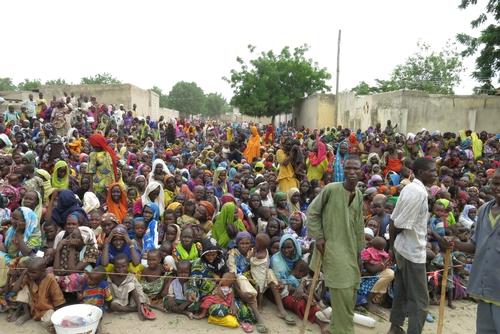
Case Study on humanitarian response in North-east Nigeria

Medical staff and patient killed in an attack on MSF-supported hospital
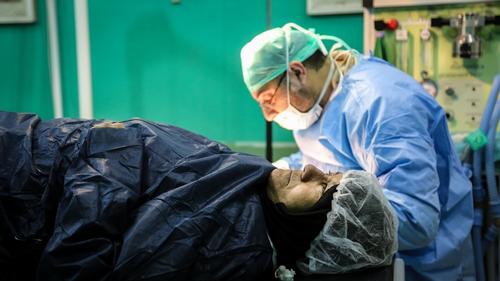
An obligation to tell the world
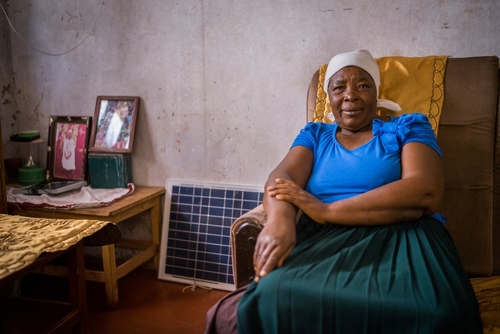
Preventing cervical cancer
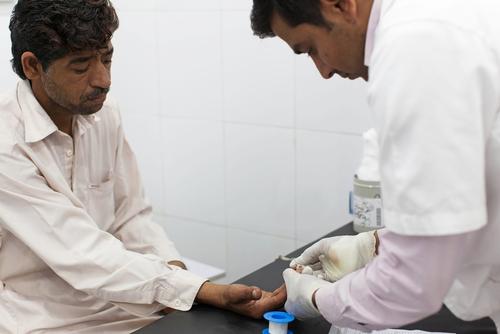
MSF joins Europe-wide action challenging patent on key hepatitis C drug
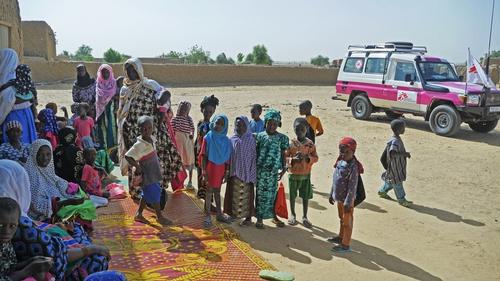
MSF warns about the use of humanitarian aid for political and military interests
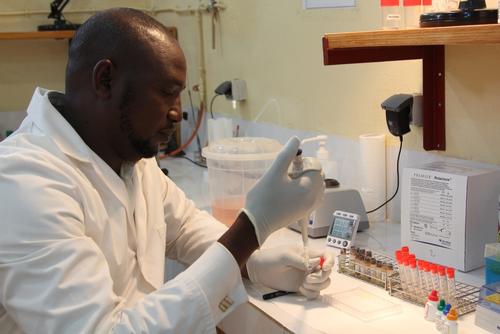
Innovative vaccine could prevent thousands of child deaths from diarrhoea
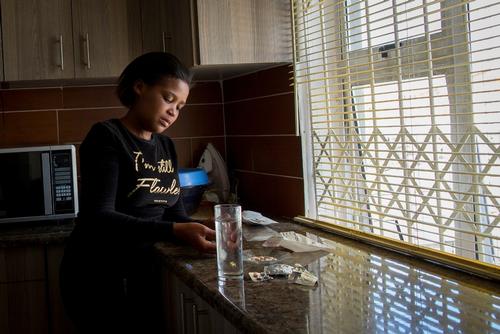
Fewer than five per cent of people in need are treated with new drugs
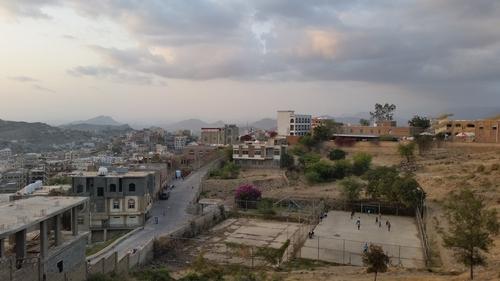
MSF withdrawing from Ibb Al-Thawra hospital
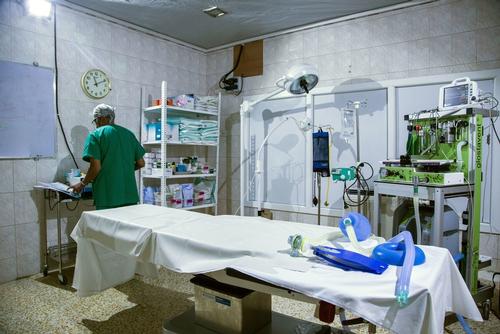
“Yesterday, it was calm; we only received 20 war-wounded patients”
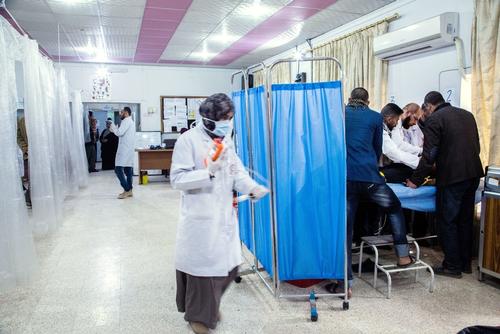
Thousands of wounded and sick coming from western Mosul
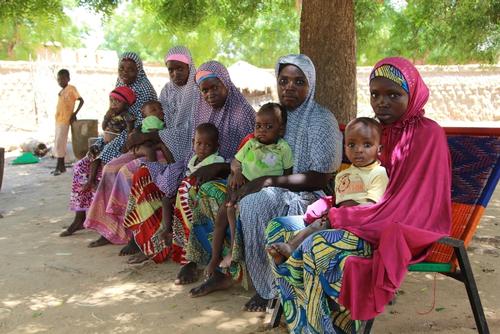
Innovative vaccine against rotavirus
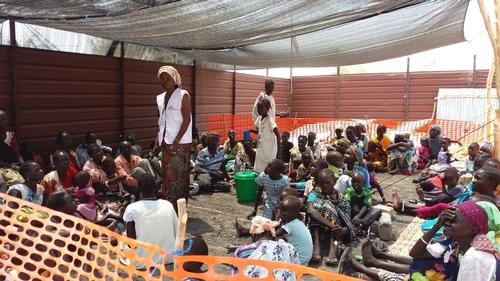
Urgent humanitarian assistance needed for thousands of people who fled fighting in Wau Shilluk
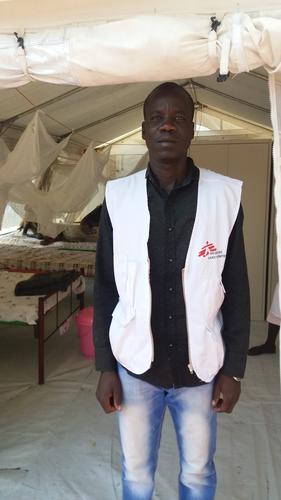
“My future is unclear, and I don't know what will happen to all of us from Wau Shilluk.”
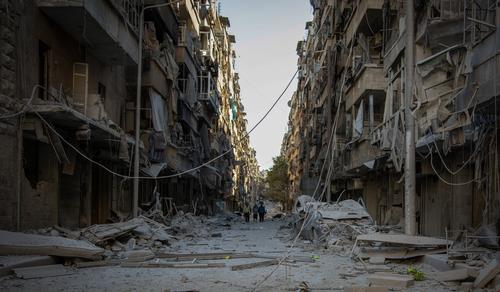
Warring groups must allow aid to population in need

One year after the EU-Turkey deal: migrants and asylum seekers are paying the price with their health
Dilemmas in access to medicines: a humanitarian perspective
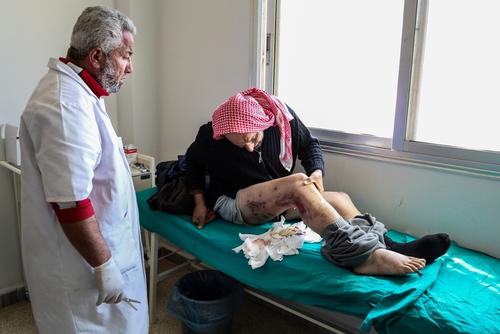
No eyes on the ground
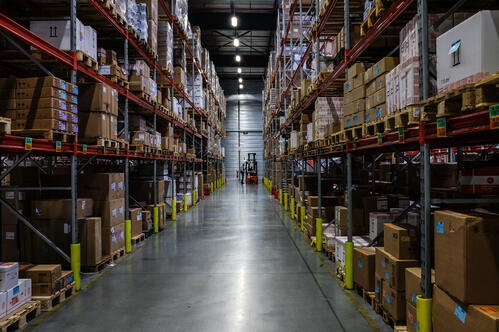
How we deliver medical humanitarian assistance
Everywhere we work, the circumstances are unique. Nonetheless, our programmes generally follow a common set of practices designed to make sure our resources and expertise are used to maximum effect.



